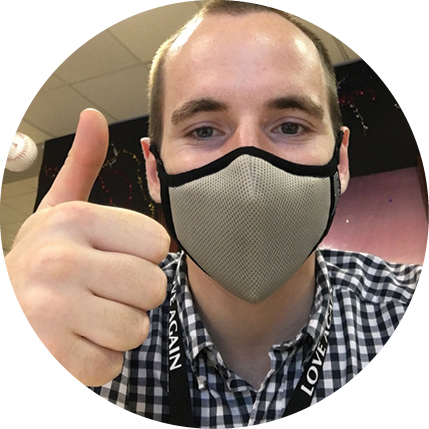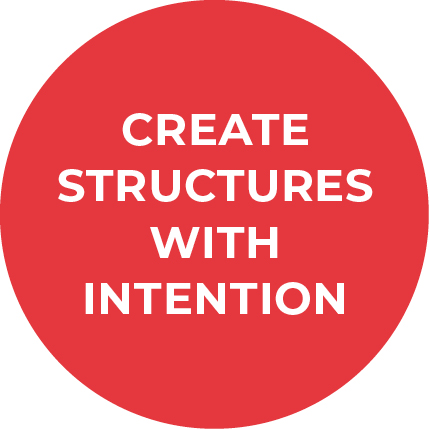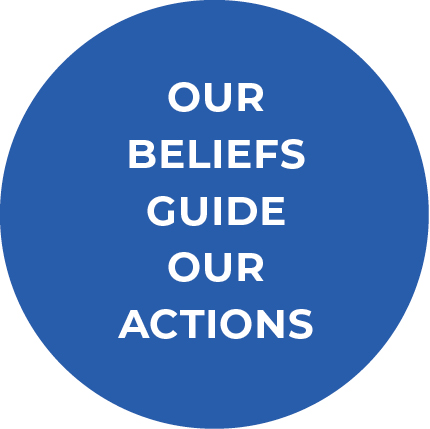Breakthroughs: Structures, Routines, and Rules
Jacob Bennett is a kindergarten teacher at Havre De Grace Elementary in Harford County. Before becoming a teacher, Jacob ran an afterschool tutoring and mentoring program for children from economically disadvantaged backgrounds. His wife, Abigail Bennett, is a paraeducator.

Last year, my class and I sat together to watch the National Symphony Orchestra. We were amazed at how the musicians came together. They followed the direction of their conductor and played their notes to complement those of their neighbors.
They looked overjoyed and the music they made was awe-inspiring. No one said, “Man, I hate that I have to play this! I want to play a different song!” They recognize they are coming together to create something bigger than themselves.
Our classrooms are no different than a symphony orchestra, and you are the conductor. My students are my musicians; I can’t play their instruments for them, but I can give them the notes and guide them on how to best play them. If someone goes off key, we all know. Students know what misbehavior looks like because they know what great behavior looks like. They know what laziness looks like because they know what hard work looks like.

Here’s how I cultivate strong routines and procedures in my classroom, both online and in person:
Think long and hard about what you want to see out of your students. A conductor can’t conduct unless they know the song inside and out. For your students to be successful you need to be surefooted. Know what matters most to you, what will make the biggest impact on the culture and climate of the room, and what things take less precedence.

Practice early and always. Litter is a pet peeve of mine. I tell students that if we treat the world like our trashcan it will soon become one. Because of this, my students learn quickly that not only do we never leave our own trash behind, if we come across trash we pick it up. Our classroom culture sets an expectation. Our beliefs guide our actions.
Practice what you preach. I am here to hold my students accountable in their journey. They know they are born to be world-changers and that my job is to help them get there. And they know to hold me accountable. They let me know when I don’t follow silent hallways or if I start writing before our meditation ends. When we allow that in our classrooms, we stop being the authoritarian and become a cohabitor of a positive and collaborative space.
Figure out the WHY. Routines without meaning quickly become rules and laws. Sit and reflect on why you are a teacher. Allow yourself the space to explore that passion then build everything you do around it. If you find a task without meaning, reflect on your passion and paint it atop the bureaucracy like the beautiful artist you are. Share this passion and meaning with your students constantly. Let them know it and let them show it.
Learn with LOVE. Former and current students alike will tell you two things about me: Mr. Bennett is the toughest teacher there is and Mr. Bennett loves them. Make sure as you teach your routines and procedures that the language you are using expresses the love and passion driving it. Make it known that love is a verb, not a noun, and that to love is to call to action. I’m proud of my classroom routines and that I’ve provided my students the beautiful orchestra they need so that they can play their music together and grow in a safe environment.

